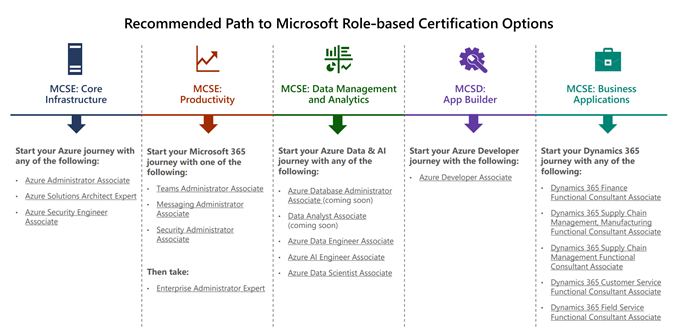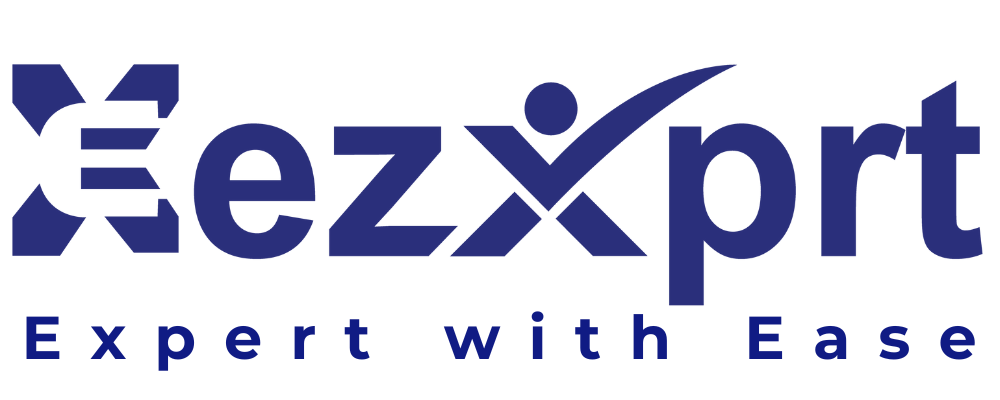Server Administration Training
A Microsoft Server Administration course is for individual who is responsible to Install, maintain, secure, and troubleshoot Computer Systems, Printers, and Storage especially multi-user computers, such as Servers. Most employers prefer a bachelor’s degree in a related field.
MCSA | MCSE Certifications retired on Jan 31, 2021 BUT Training content still demanding
Microsoft certifications, such as MCSA and MCSE, may have expired, but the demand for their associated training content remains strong in the market. This is due to the continued widespread use of Microsoft technologies, such as Windows Server and Azure, in businesses and organizations around the world.
Furthermore, having experience with Microsoft technologies can provide numerous career advancement opportunities, as many employers are seeking individuals with a strong foundation in these platforms. Pursuing training in Microsoft server administration can give individuals a competitive edge in the job market and help them stand out in their careers.
In conclusion, Microsoft server administration training is a highly valuable investment for individuals looking to advance their careers in IT and server administration. Whether you are an experienced IT professional or just starting out, there is a growing demand for individuals with skills and knowledge in Microsoft technologies.
Fill the Form and Get Enroll
Microsoft Certification Path

All about Server Administration
Server administration is the process of managing and maintaining server systems and networks to ensure their optimal performance, security, and availability. This involves tasks such as installing and updating software, managing users and permissions, monitoring system performance, and addressing security threats. Server administrators play a critical role in keeping systems running smoothly and securely, and are essential for businesses and organizations that rely on technology. Server administration requires a strong foundation in IT and an in-depth understanding of the technologies used, such as Windows Server and Azure.
Main Topics
- Operating Systems: Understanding the basics of server operating systems, such as Windows Server, Linux, and UNIX.
- Networking: Knowledge of network protocols, such as TCP/IP, DNS, and DHCP, and the ability to configure and troubleshoot network issues.
- Storage: Understanding the different storage options available, such as direct-attached storage, network-attached storage, and storage area networks, and the ability to configure and manage storage solutions.
- Security: Knowledge of security best practices, including firewalls, intrusion detection, and access control, and the ability to secure server systems and networks.
- Virtualization: Understanding the concepts of virtualization, including virtual machines and hypervisors, and the ability to configure and manage virtualized environments.
- Cloud Computing: Knowledge of cloud computing technologies, such as Microsoft Azure, and the ability to manage and maintain cloud-based systems.
- Performance Monitoring and Troubleshooting: Understanding of system performance metrics and the ability to identify and resolve performance issues.
Intended Audience
This course is intended for:
- Administrator
- Business User
- Developer
- Student
- Technology Manager
- Project managers
- Other IT-related professionals
Prerequisites
- No prerequisite
- Basic Networking Knowledge is preferable
Career Opportunities with Responsibilities
- System Administrator: This role involves the daily management and maintenance of client Machines, server systems, including installations, updates, and troubleshooting.
- Network Administrator: Network administrators are responsible for maintaining the performance and security of a company’s network infrastructure, including servers, switches, Routers, Wireless Access Points, IP Surveillance and firewalls.
- Database Administrator: This role involves the administration and management of a company’s databases, including performance optimization, backup and recovery, and security.
- Cloud Administrator: Cloud administrators are responsible for managing and maintaining cloud-based systems, such as those hosted on Microsoft Azure.
- IT Manager: IT managers are responsible for overseeing the overall technology strategy for a company, including the management of server systems and networks.
Server Administration Videos
Watch the System Administration videos and book your training seat
System Administration Payment Plans
Recorded Through LMS
15,000/-
₨
8500/-
Pre Recorded Lectures (Updated)
Own Designed Training Slides
24/7 assistance for good learning
Q/A Session Live with Trainer
Unlimited Access to LMS T&C apply
Online Live Class
60,000/-
₨
45000/-
Live Training on Microsoft Teams
Own Designed Training Slides
24/7 assistance for good learning
3 Days in a Week
Unlimited Access to LMS T&C apply
1 to 1 (Customized)
Contact Us
Live Training on Microsoft Teams
Own Designed Training Slides
24/7 assistance for good learning
CCNA NetAcad Program
Class as per student availability
Unlimited Access to LMS T&C apply
























